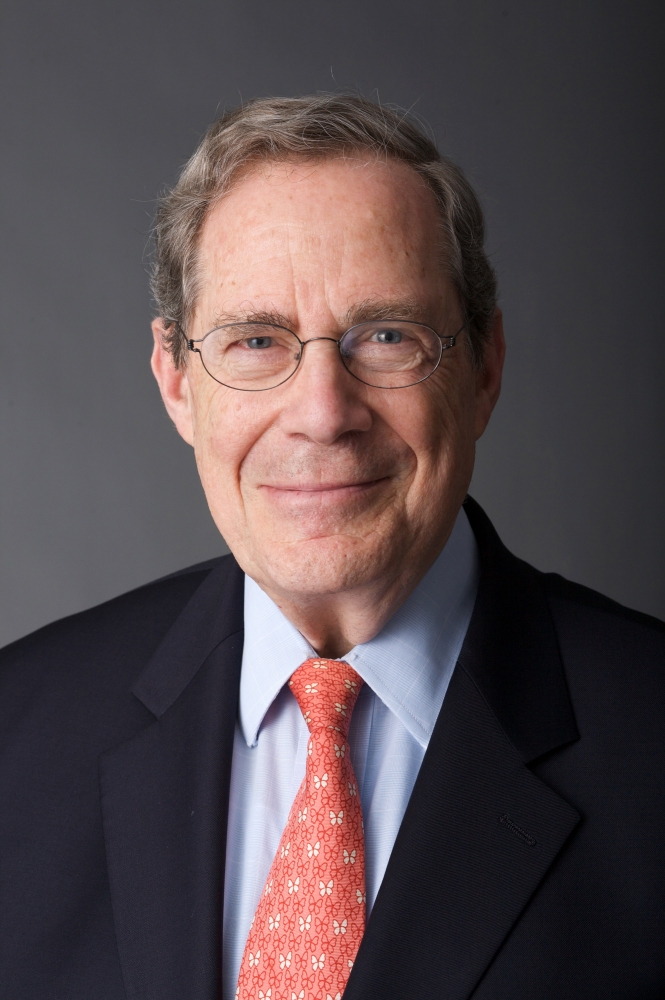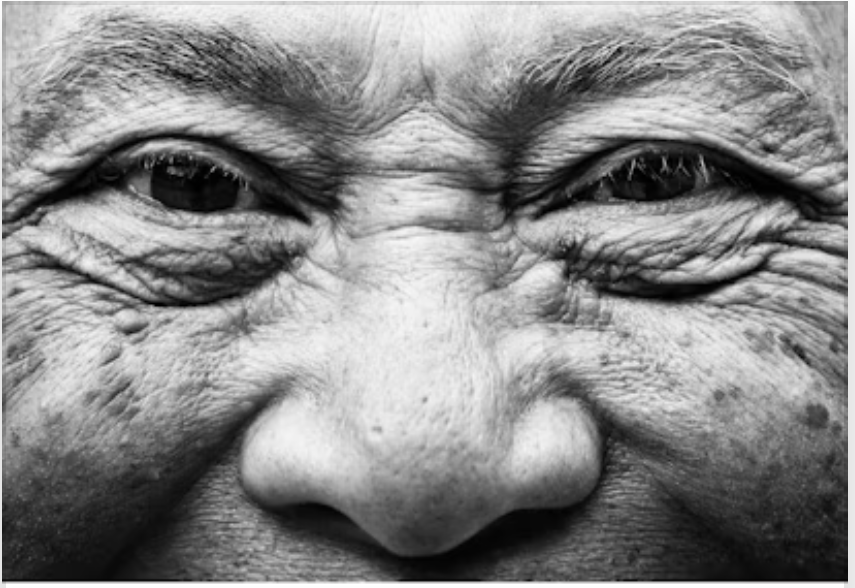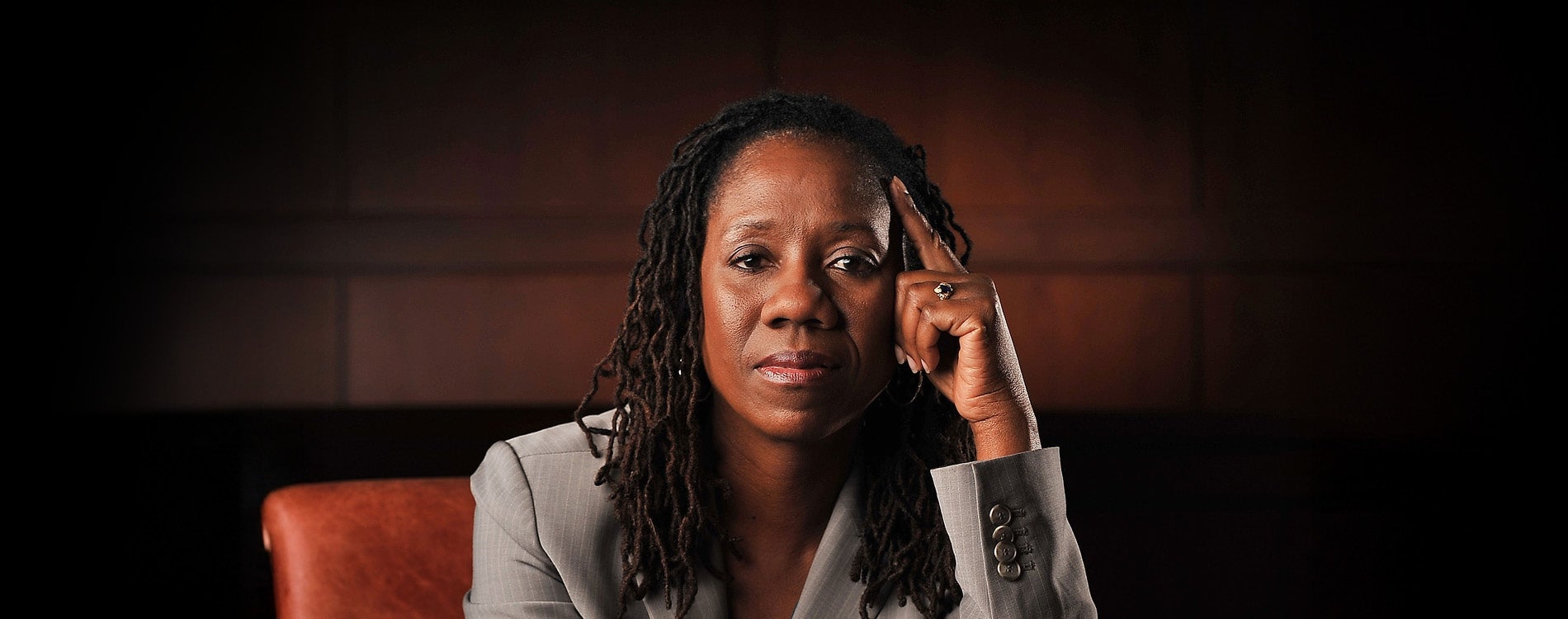
Democracy and 'The Great Society'
In his June 1964 commencement address at the University of Michigan, President Lyndon B. Johnson challenged students to join in what he called “the Great Society,” one committed to ending poverty, racial injustice and making it possible for “every young mind” to meet the full potential of its imagination.
Johnson’s speech gave a name to a sweeping array of legislation and policies that expanded political, economic, social and citizenship rights. Among them were the War on Poverty, the Civil and Voting Rights Acts, Medicare and Medicaid, federal aid to education, major immigration reform and affirmative action in employment and education.
A half-century later, the major components of the Great Society legislation expansion of political, economic, social and citizenship rights — once again at the center of political controversy and debate — are the focus of UC Santa Barbara’s 2013-14 Critical Issues in America Series.
The program, “The Great Society at Fifty: Democracy in America, 1964/2014,” begins this month and will continue through spring quarter. It will feature lectures, symposia, campus/community collaborations and other scholarly initiatives that critically engage key initiatives — and, more importantly, the aspirations — of the Great Society era in light of the challenges of democratic policy and activism today.
The events are free, and the public is invited to attend any or all of them.
On Thursday, Nov. 21, Peter Edelman, a professor at Georgetown University Law Center and a top adviser to Senator Robert F. Kennedy from 1964 to 1968, will give a talk titled “So Rich So Poor — Why It’s So Hard to End Poverty in America.” His talk will begin at 8 p.m. in the McCune Conference Room, 6020 Humanities and Social Science Building at UCSB.
“He was at the forefront of some of the most innovative strategies of the War on Poverty and deeply involved in the struggles for civil rights and legal representation for the poor and disadvantaged,” Alice O’Connor, a professor of history at UCSB and principal investigator of the 2013-14 series, said of Edelman. “He brings unmatched knowledge, experience and compassion to the challenge of inequality in America, the defining issue of our time.”
Other fall quarter events in the series include “Fifty Years After the March: Civil Rights in Historical Memory,” a panel discussion at 1 p.m. on Friday, Nov. 15, at UCSB’s Art, Design & Architecture Museum. Moderated by O’Connor, the panel includes Martin Berger, professor of history of art and visual culture at UC Santa Cruz and curator of the museum’s “Freedom Now!” exhibition. Among the other participants are UCSB faculty members Jeffrey Stewart and Gaye Theresa Johnson of the Department of Black Studies and John S.W. Park of the Department of Asian-American Studies.
“The program is designed to use the 50th anniversary of the broad sweep of Great Society programs, policies, reforms and movement activism as an extended teachable moment to frame a more accurate narrative of what the Great Society actually was,” said O’Connor. “It’s also meant to recognize the significance of the Great Society as a key moment in the history of economic, political and social democracy, and to bring historical perspective to the ongoing struggles over poverty, voting rights, health care, immigration reform and other issues we’re facing today.”
Events planned for winter and spring quarters include symposia connecting the voting rights struggles of the 1960s to politically polarized battles over election rules today; the politics of health care reform, from Medicare to Obamacare; organizing for economic democracy from the grassroots to the global; and what’s changed — and hasn’t — about the meaning of immigration reform since the 1960s.
Among the featured speakers are journalist Sasha Abramsky, author of “The American Way of Poverty,” and historian William P. Jones, author of “The March on Washington: Jobs, Freedom, and the Forgotten History of Civil Rights,” and scholars and activists from around the country who will participate in conferences on “The Feminist Sixties” and on “Revitalizing the Labor Movement.”
The series will culminate in a spring quarter conference highlighting student research and related projects.
An endowed program in the College of Letters & Science at UCSB since 1995, and co-sponsored by other campus departments, the Critical Issues in America series examines relevant social topics from a multi-disciplinary perspective. Previous series have focused on environmental issues and policy reform; media ownership; women, employment and globalization; violence in America; ethnic studies; marriage and alternatives; and the effects of sea level rise.



